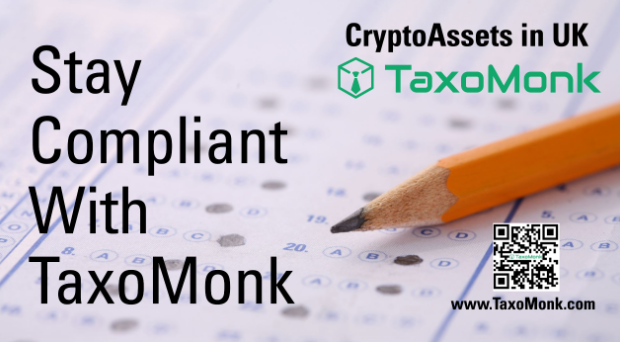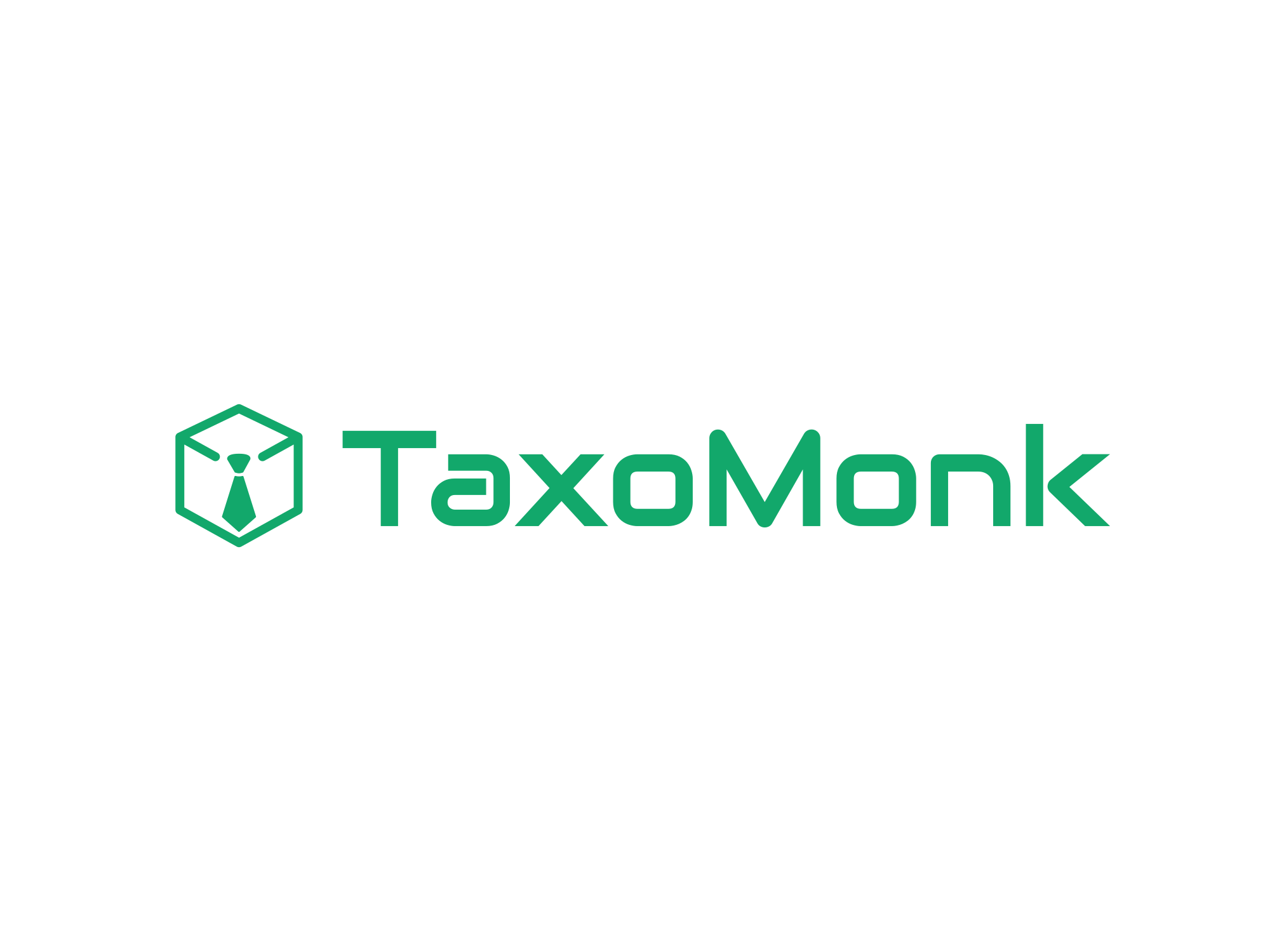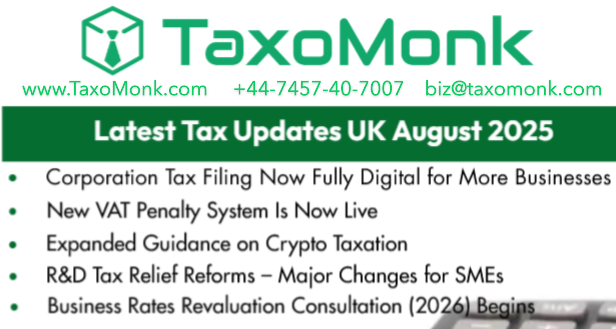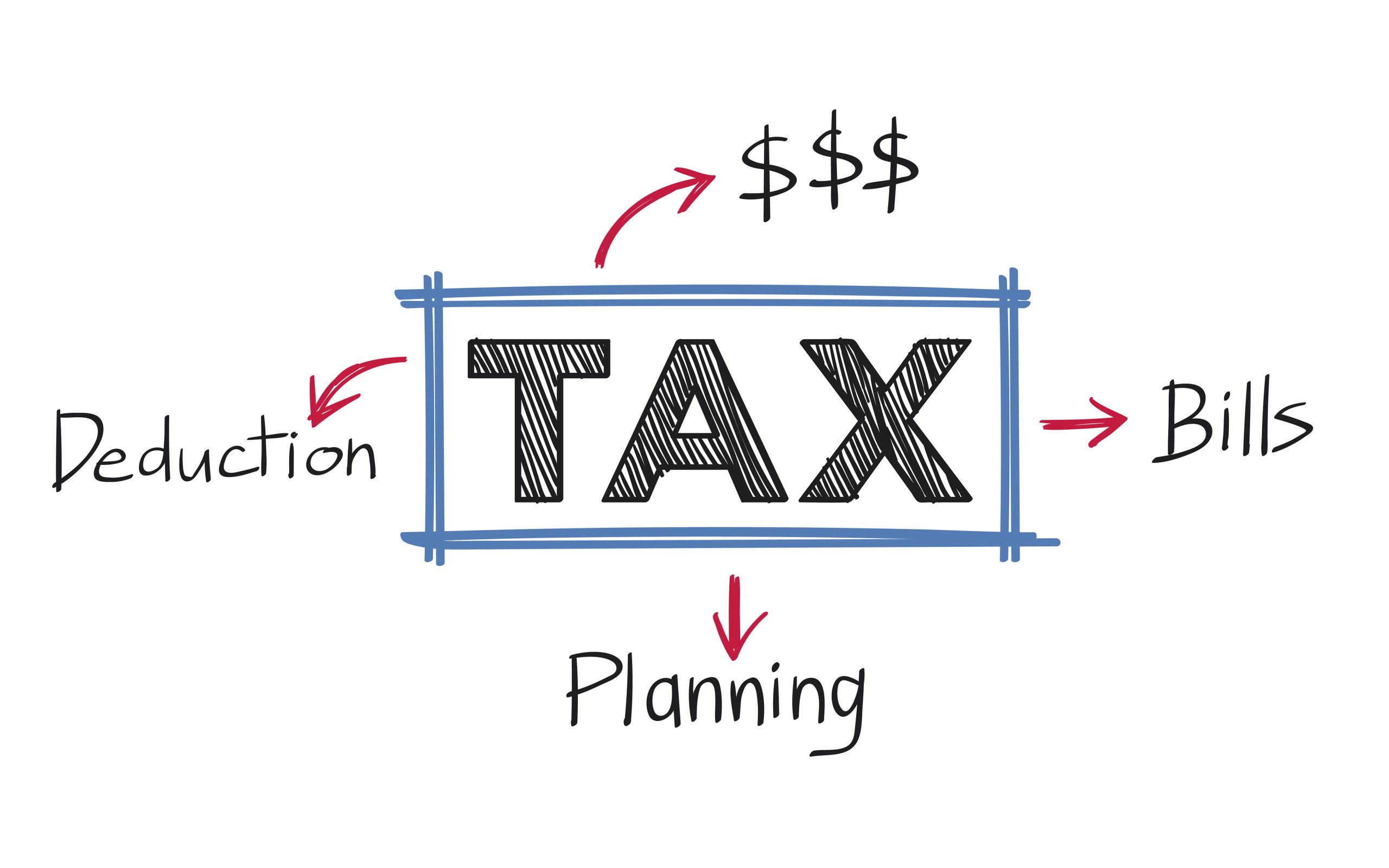In recent years, the popularity of crypto assets as well as Crypto asset Disclosures has skyrocketed, with more people engaging in buying, selling, and holding digital currencies than ever before. However, with this growing trend comes increased scrutiny from tax authorities. The UK’s Her Majesty’s Revenue and Customs (HMRC) has issued a stern reminder to taxpayers involved in crypto asset transactions: ensure accurate and complete disclosure of your crypto-related activities on your tax returns.
Why Crypto asset Disclosures are Crucial
The decentralized nature of crypto assets, such as Bitcoin, Ethereum, and other altcoins, often leads to misconceptions about their taxability. Some taxpayers mistakenly believe that because these assets exist in a digital form, they are outside the reach of traditional tax rules. However, this is far from the truth. HMRC treats crypto assets as property rather than currency, which means that transactions involving these assets can trigger capital gains tax (CGT), income tax, or other tax liabilities depending on the nature of the activity.
Failure to report crypto asset transactions accurately can result in significant penalties. HMRC has the authority to impose fines, charge interest on unpaid taxes, and, in severe cases, prosecute those who deliberately evade tax obligations. Therefore, ensuring that all crypto-related activities are fully disclosed is not only a legal requirement but also a safeguard against potential legal repercussions.

What Should Be Disclosed as Crypto asset Disclosures
Taxpayers must report any gains or losses from the disposal of crypto assets. This includes:
- Selling crypto assets for traditional currency: Any profit made from selling crypto assets must be reported, and CGT may apply.
- Exchanging crypto assets for other crypto assets: Even if no traditional currency is involved, exchanging one crypto asset for another can trigger a CGT event.
- Using crypto assets to pay for goods or services: If crypto assets are used as payment, the difference in value from when the asset was acquired to when it was used is subject to tax.
- Mining, staking, or airdrops: Income from these activities may be subject to income tax rather than CGT.
Accurate record-keeping is essential. HMRC advises taxpayers to maintain detailed records of all crypto asset transactions, including the date of the transaction, the type and number of units involved, the value of the transaction in GBP, and any associated costs (e.g., transaction fees). This information is critical for calculating the correct tax liability.
HMRC’s Increasing Focus on Cryptoassets
HMRC’s attention to cryptoassets is not new. In recent years, the tax authority has intensified its efforts to ensure compliance in this area. This includes sending “nudge letters” to taxpayers suspected of underreporting crypto-related income, as well as collaborating with crypto exchanges to obtain customer data. The message is clear: HMRC is monitoring crypto transactions closely, and non-compliance will not be tolerated.
Moreover, the UK’s tax authority has introduced a new requirement for taxpayers to declare if they held any cryptoassets at any point during the tax year on their Self Assessment tax return. This change further underscores the importance of transparency and accurate reporting.
How Taxomonk Can Help You Navigate Crypto asset Disclosures
Given the complexities of cryptoasset taxation, navigating HMRC’s requirements can be challenging. This is where Taxomonk can make a significant difference. As a leader in professional accounting and financial services, Taxomonk is uniquely positioned to help taxpayers ensure full compliance with HMRC’s cryptoasset disclosure requirements.
Expert Guidance: Taxomonk’s team of seasoned professionals has deep expertise in the tax implications of cryptoassets. We provide tailored advice on how to accurately report transactions, calculate tax liabilities, and ensure that all disclosures are made in line with HMRC’s stringent guidelines.
Comprehensive Record-Keeping: We assist clients in maintaining meticulous records of their cryptoasset transactions, ensuring that every detail—from the date and value of transactions to associated costs—is accurately documented. This thorough approach reduces the risk of errors and ensures that clients are prepared in the event of an HMRC audit.
Advanced Software Solutions: At Taxomonk, we leverage cutting-edge software tools to track and manage cryptoasset transactions efficiently. These solutions not only simplify the process but also provide real-time insights into potential tax liabilities, allowing clients to make informed decisions about their cryptoassets.
Proactive Compliance: Taxomonk takes a proactive approach to compliance. We work closely with our clients throughout the year, not just at tax time, to ensure that all cryptoasset activities are properly recorded and reported. This ongoing support helps clients avoid costly penalties and stay ahead of regulatory changes.
Conclusion
As cryptoassets become increasingly mainstream, Crypto asset Disclosures also be required. HMRC’s focus on this area will only intensify. Taxpayers involved in crypto-related activities must take their reporting obligations seriously. By partnering with Taxomonk, you can ensure that your cryptoasset disclosures are accurate, complete, and fully compliant with HMRC’s requirements.
HMRC’s message is clear: check your cryptoasset disclosures now to avoid problems later. With Taxomonk by your side, you can navigate these complex requirements with confidence and peace of mind. For more information please visit www.taxomonk.com or mail biz@taxomonk.com
Interested in more Article ?





Leave a Reply